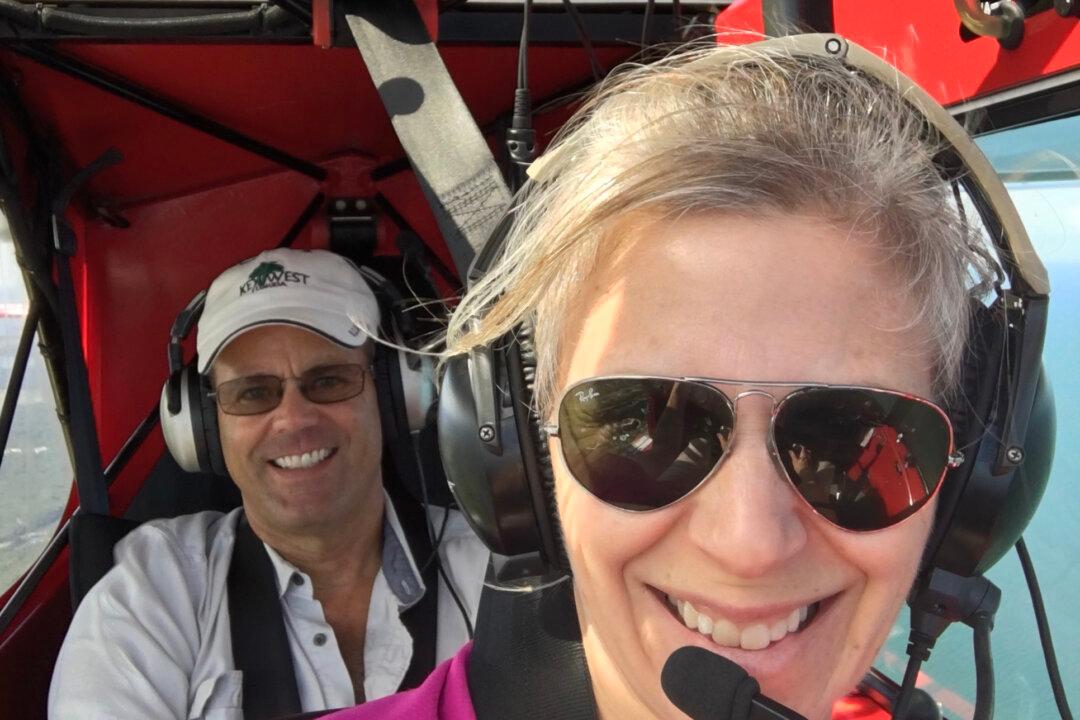Pilot safety and risk-management are always top-of-mind for Meredith Holladay, the owner of a small flight school.
But the possible side effects of the COVID-19 shots present a new, difficult-to-gauge risk for people in aviation, she said.

Pilot safety and risk-management are always top-of-mind for Meredith Holladay, the owner of a small flight school.
But the possible side effects of the COVID-19 shots present a new, difficult-to-gauge risk for people in aviation, she said.